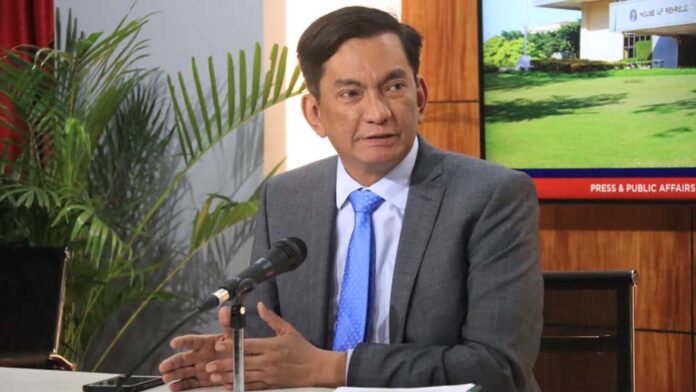A leader of the House of Representatives is pushing for a monthly honorarium for Sangguniang Kabataan (SK) kagawads (councilors) to tap their potential as instruments of governance.
During the technical working group (TWG) hearing of the House Committee on Local Government to craft the final version of the proposed Expanded Sangguniang Kabataan Benefits Act, House Ways and Means chair Joey Salceda said compensating SK officials sends a strong signal that the State expects a degree of professionalism and dedication it expects of other paid government officials.
“In terms of demographic consistency, the Sangguniang Kabataan is the most representative level of government in a country whose median age is 23. That is why I am a believer in making the SK a stronger institution. Let’s invest in them, and also expect better work of them.” Salceda said. “Long maligned as a ‘breeding ground’ for traditional politics, the Sangguniang Kabataan is actually a potent instrument of governance, if we can strengthen it.”
Under the bill, SK kagawads will receive half the salary of the barangay kagawads, which amounts to around PHP6,250 for the average barangay, although benefits may vary depending on the income classification of the barangay.
“As Covid-19 threatens at-risk groups, including some barangay officials, SK officials were mobilized to do the groundwork, being part of the demographic group at least risk of Covid-19 infection,” Salceda said.
He said the benefits should be charged against the increased internal revenue allotment (IRA) of the local government units (LGUs) after the implementation of the Mandanas ruling.
“The only change I would like to manifest to the Committee that is different from my original version of the bill is that compensation should be charged against the increased Internal Revenue Allotment (IRA) of the LGUs after the effectivity of the Mandanas ruling,” Salceda said.
He said considering the fiscal gaps that the national government will have to fill after Covid-19 and the Mandanas ruling, and considering the increased resources and responsibilities of the LGUs, it will be best to place the fiscal burden of this sub-municipal institution under the LGU.
Salceda puts the price tag for the reform at PHP31.22 billion annually. (PNA)


